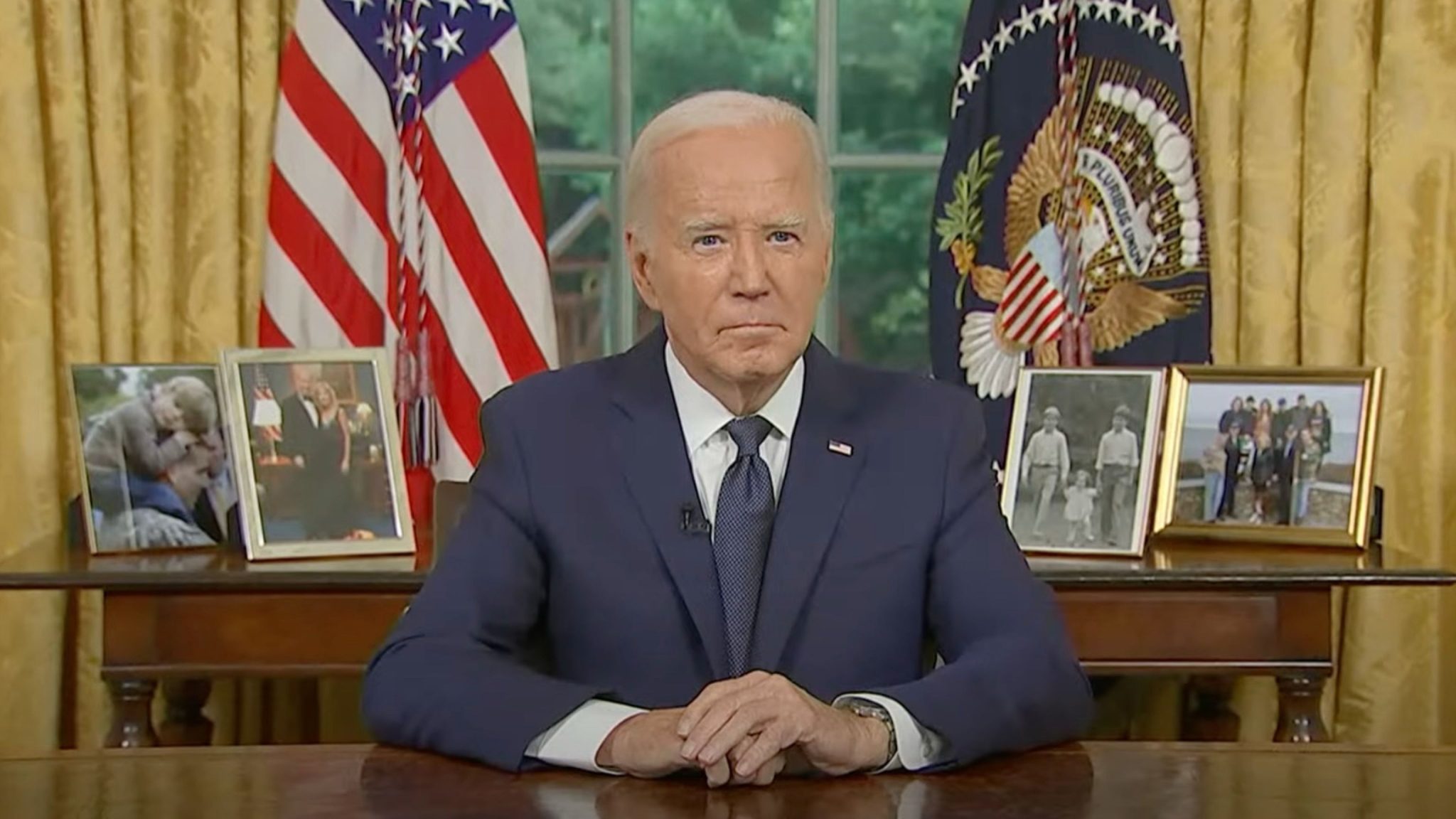Zimbabwe Turns Gold-Backed Digital Token Into Payment Method
 By David Attlee
By David Attlee
On Oct. 5, the gold-backed digital token under the name Zimbabwe Gold (ZiG) officially kicked off as a payment method. The launch was announced by the Reserve Bank of Zimbabwe (RBZ).
The first time the RBZ introduced its new project was in April 2023.
The central bank specified that every issued digital token would be backed by a physical amount of gold held in the bank’s reserves. The RBZ started issuing physical gold tokens last year, claiming their successful adoption.
The mission behind both physical coins and freshly introduced ZiG is to persuade local investors to put their money into national assets and not American dollars, which is not an easy task in a country with a triple-digit inflation level. As the RBZ Governor, Dr. John Mangudya said earlier:
“The issuance of the gold-backed digital tokens is meant to expand the value-preserving instruments available in the economy and enhance divisibility of the investment instruments and widen their access and usage by the public.”
Digital tokens can be stored in either e-gold wallets or e-gold cards and are tradeable both for P2P and business transactions.
The RBZ reported several levels of prices, for which ZiG could be both, depending on the weight of its gold reserve.
Ultimate Gold and Silver Guide – FREE REPORT
Thus, one can buy 1 ounce of ZiG for $1,910 and 0.1 ounce for $191.
According to the Bank, on Sept. 28, investors bought the equivalent of 17.65 kg in ZiG, paying with both Zimbabwean and American dollars.
The total amount of ZiG, sold since the previous rounds of digital token sales, stands at around 350 kg of gold.
Zimbabwe has grappled with currency instability and rising inflation for more than a decade. In 2009, the nation adopted the U.S. dollar as its official currency in response to a period of hyperinflation that had rendered the local currency practically worthless.
In an attempt to revitalize the domestic economy, Zimbabwe reintroduced its own currency in 2019. However, this move was followed by a resurgence of currency volatility.
Source: CoinTelegraph via ZeroHedge
Political economist by degree and cyberflaneur by vocation, David keeps his hand tightly on policy and regulation pulse, trying to figure out the future that is still unborn.
Become a Patron!
Or support us at SubscribeStar
Donate cryptocurrency HERE
Subscribe to Activist Post for truth, peace, and freedom news. Follow us on SoMee, Telegram, HIVE, Flote, Minds, MeWe, Twitter, Gab, and What Really Happened.
Provide, Protect and Profit from what’s coming! Get a free issue of Counter Markets today.



